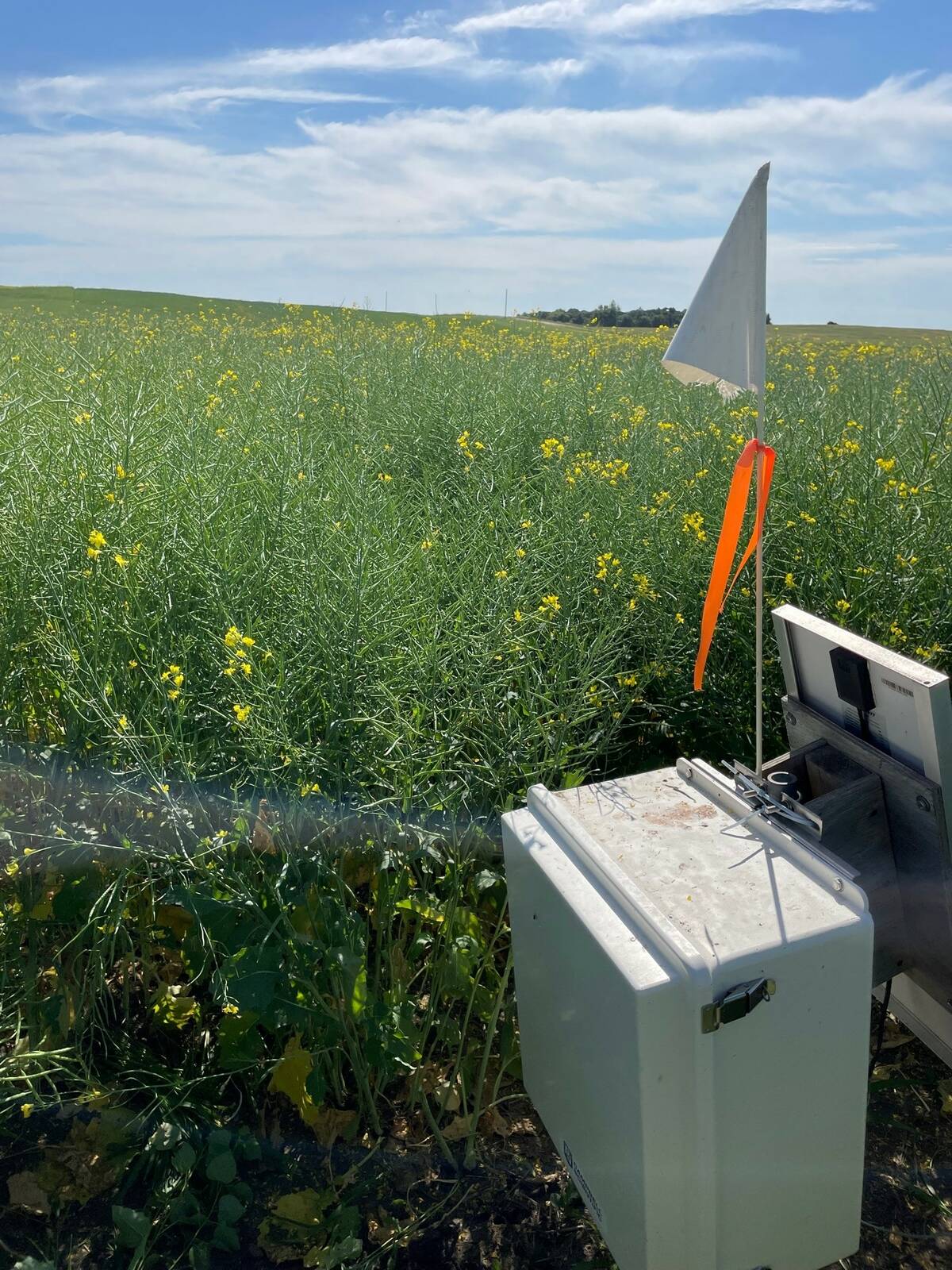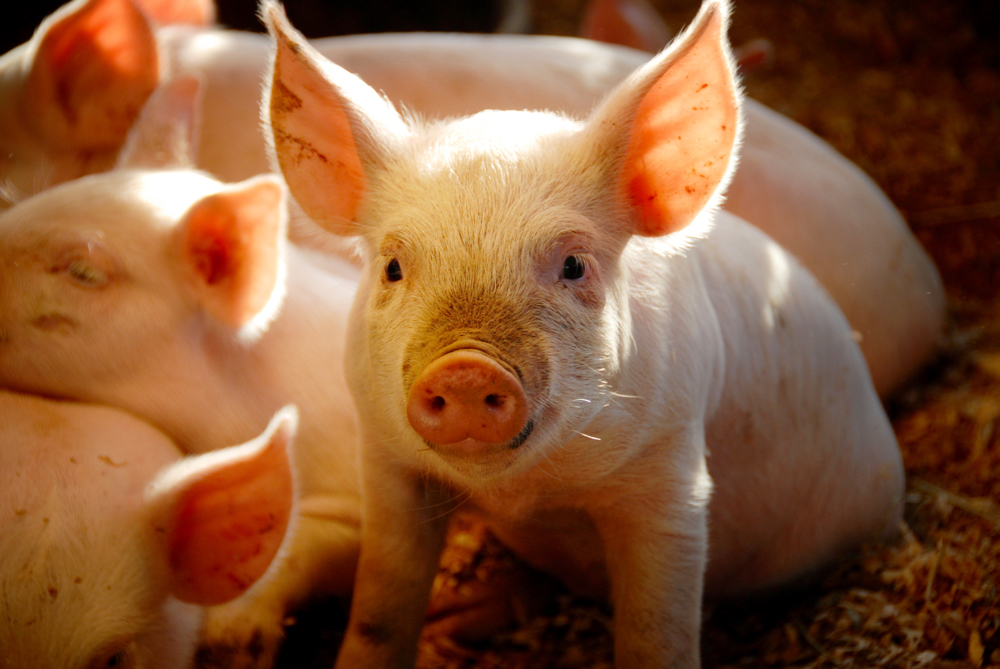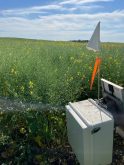Provincial officials say they’re investigating and monitoring two cases of variant flus in the southern part of the province.
The chief public health officer and the chief veterinary officer announced a positive human case of both H1N1v and H1N2v. These cases are separate of one another and are not related. There is no evidence at this time of sustained person-to-person transfer and no increased risk to the public, officials said.
H1N1 is a subtype of influenza A, with many strains that regularly circulate in both humans and pigs. The strain identified is rarely seen in people. The individual experienced only mild clinical signs and has since recovered with no known transmission to other individuals. H1N1 cases are not uncommon. For example, H1N1 was the dominant subtype of influenza cases in 2019-20, according to Health Canada.
Read Also

Where’s the water? RISMA knows
National soil moisture sensor network gives real-time data for Manitoba farmers fighting more frequent drought or flood.
The individual confirmed with H1N2v experienced only mild clinical signs and has since recovered with no known transmission to other individuals. The spread of infection of H1N2 between humans is very rare. This represents only the second case of H1N2v identified in Canada with the first having been identified last year in Alberta.
While H1N2 is rare in humans, it is not an uncommon virus among swine herds in North America, with about 30 cases reported in pigs each quarter across Western Canada. Since 2005, fewer than 30 cases have been reported in humans around the world.
H1N1 and H1N2 are not foodborne illnesses. Neither virus can be transmitted by eating pork. Consumers can be assured that there is no risk associated with keeping pork on their menus, the province’s media release said.














